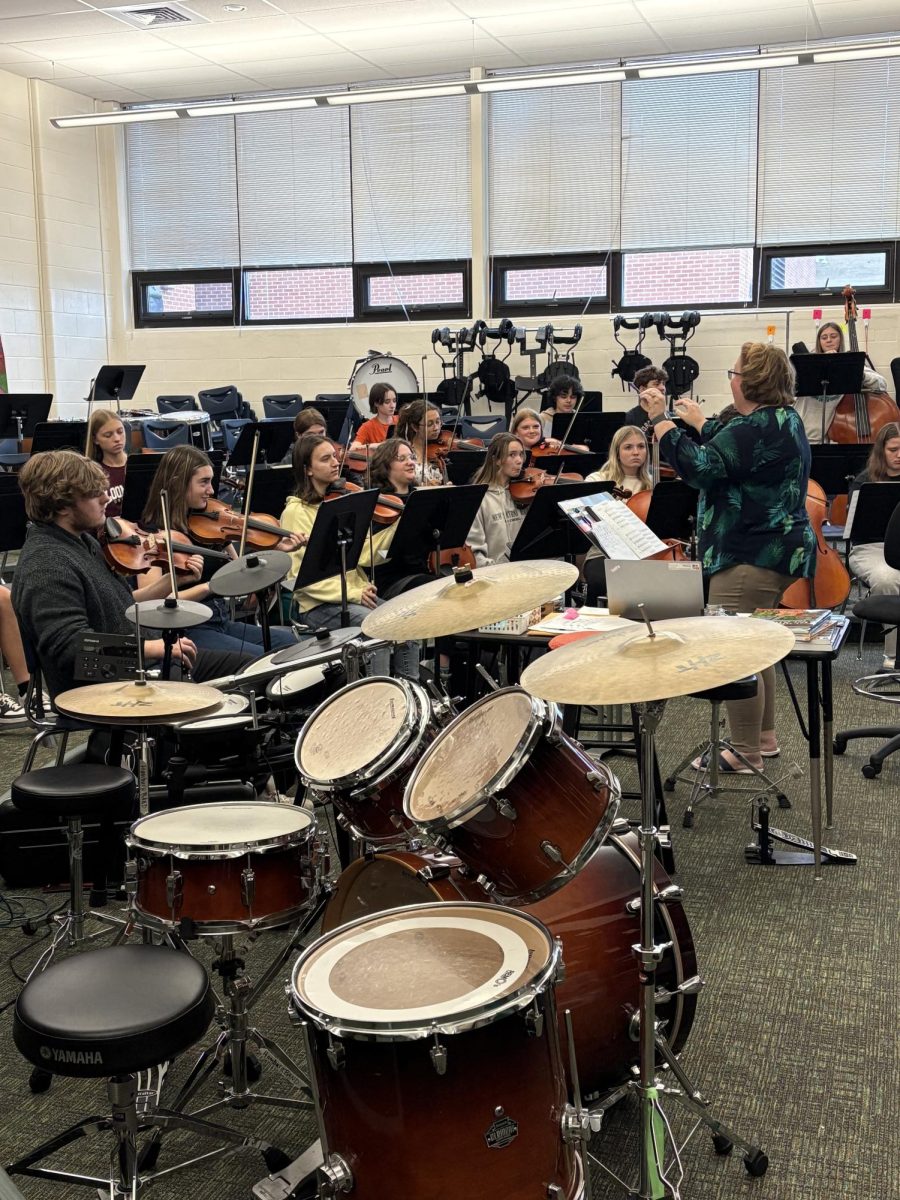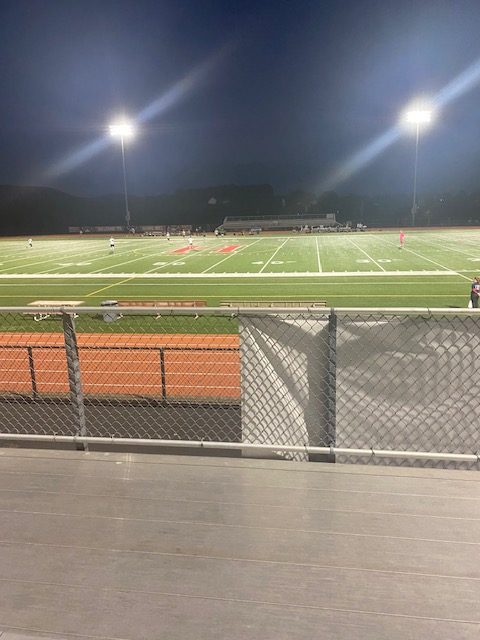Throughout Hamburg Area High School, students have different methods of accessing water. While many use the fountains around the building, others bring water bottles instead. They have various reasons for doing so, but the common one is preventing dehydration’s negative effects.
Riley Mohn is a junior at the high school who regularly brings her water bottle to school. She does so because she often gets dehydrated during class and dislikes the water temperature in the hallway fountains, describing it as either too warm or cold. In worse cases, the lack of water causes her throat to hurt while talking. Moreover, she gets restless when dehydrated, affecting her ability to focus on the course material. However, a sip of water periodically is usually enough to prevent the adverse effects of dehydration.
Sophomore Alexander Devlin also brings his water bottle to school every day. He sees it as a convenient way to take a break in class. When he is dehydrated, he usually feels exhausted and more anxious. He finds the effect is prevalent even when he is not actively thinking about it. For instance, it could make him feel stressed in a normally comfortable situation with no apparent cause.
Even though many students have adverse effects when dehydrated, many of their experiences are anecdotal and cannot prove that dehydration caused it. However, research has shown that mild water deprivation can increase stressful emotions. For example, a study in the British Journal of Nutrition tested how dehydration affects emotions. Researchers put three groups of people on treadmills and had participants walk thrice for 40 minutes at a constant speed. When they were tested after the workouts, researchers found that their anxiety and fatigue increased while idle in the dehydrated groups. The results correspond with how Devlin and Riley describe their state of mind when thirsty.
Devlin believes the water fountains are sufficient for students looking to stay hydrated during the school day. He suggests that the school add bottle refill stations in more hallways. There are currently two stations around the school, and new installations could encourage students to stay hydrated between classes.
The HAHS has begun to recognize the importance of hydration in students’ success. For instance, it has installed water bottle refill stations around the school since COVID-19 started. However, the issue of dehydration is still prevalent and its negative effects should encourage the school to consider adding more stations. Moreover, students should prioritize hydration between classes and consider bringing a water bottle.
For more information, visit https://www.cambridge.org/core/journals/british-journal-of-nutrition/article/mild-dehydration-impairs-cognitive-performance-and-mood-of-men/3388AB36B8DF73E844C9AD19271A75BF.




























